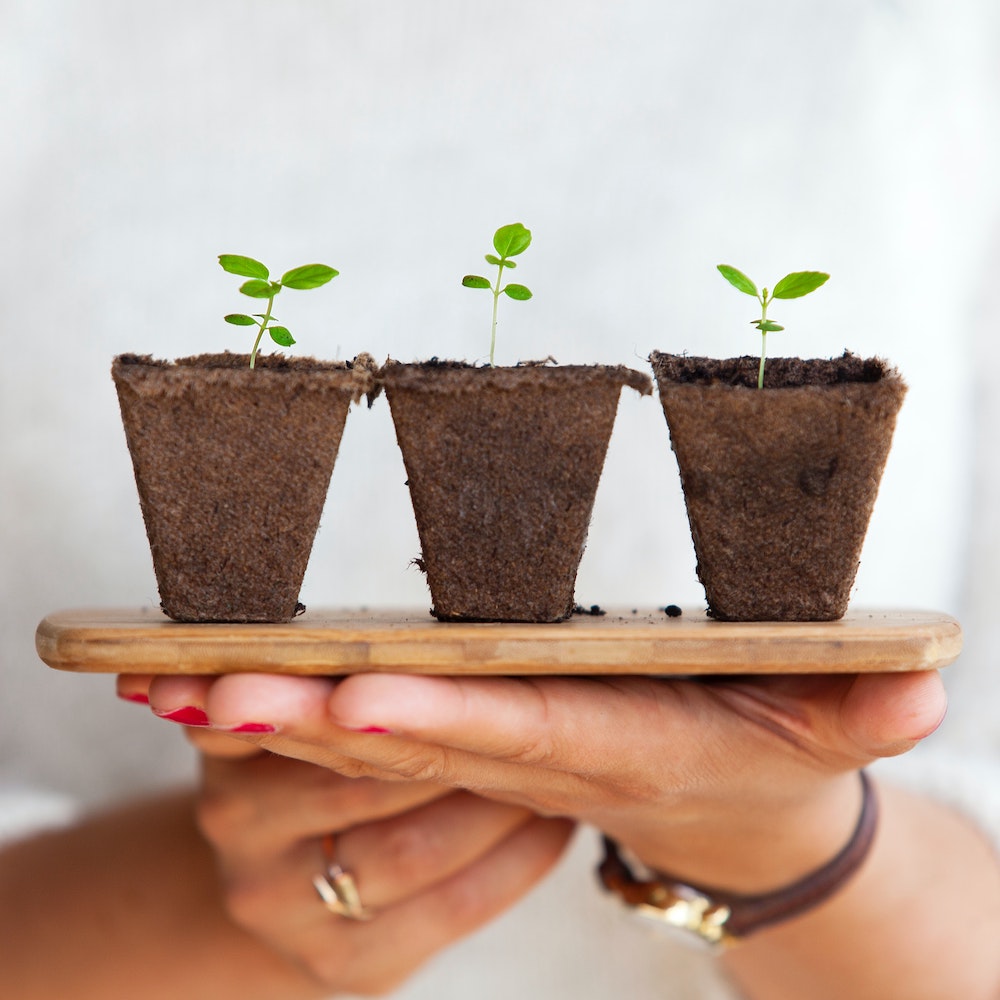Whether you’re at the start of your IVF journey, right in the middle or near the end, I understand how stressful and confusing the whole process can be. If you want to empower yourself to take back some of the control, it’s worth considering how you can naturally support your body to prepare for IVF.
So, where do you begin?
It’s essential to acknowledge how varied IVF journeys are. Many of my clients arrive at IVF with a diagnosis of ‘unexplained infertility’. Yet, they have not undergone a thorough analysis to understand the underlying issues behind the lack of success.
It is crucial to know – why are you at IVF? Some reasons are more obvious: having blocked fallopian tubes, a low sperm count, or the desire to avoid passing on specific genetics. Most people, however, are doing IVF due to ‘unknown’ reasons; this is one of the most frustrating things for many couples.
If you’re considering IVF at some point in the future because it’s taking you longer to conceive than you, or your doctor, would’ve expected without reason, perhaps it’s worth looking at ways you can prepare your body for natural conception while you are still trying naturally?
What testing is necessary before undergoing IVF?
Before you start your IVF journey, it’s ideal to do some comprehensive testing to assess your health and fertility. I recommend getting testing done with a health professional and evaluate the following:
- The way your body breaks down folate
- Immune issues
- Inflammation
- Blood clotting factors
- Blood flow issues
- Hormonal imbalances
Your nutrients must be at optimal levels to produce healthy eggs, embryos and sperm. Have a look at your levels of the following nutrients, and make sure they’re in their optimal ranges:
- Iodine
- Vitamin D
- Iron
- Essential fatty acids (Omega-3’s)
- Protein
If you can bring your male partner on board and ensure you’re both making healthy dietary and supplement changes to optimise your nutrient intake, you’ll be able to give the best DNA, which will act as the building block for that embryo.
Now that we’ve established what we need to assess, it’s time to prepare your body.
Seven Tips to Optimise Your IVF Outcomes
One of the great things about undergoing IVF is that there’s an abundance of research looking at the best ways to optimise your outcome. Below are some simple research-based tips that you can start undergoing today.
- Reduce plastics: men and women who use high levels of plastic, including BPA and Phthalate, increase their chances of conception difficulties. One of the easiest swaps you can make is swapping your takeaway tea or coffee cup with a ceramic or glass mug. Don’t be too hard on yourself if you forget; try to do the best you can every day.
- Identify your chemical exposure: if you’ve done IVF before, you may remember not being allowed to wear perfume on the day of the embryo transfer. Research indicates chemicals, such as those found in perfume, damage embryos. Identify the chemicals you use every day by looking at what’s in your perfume, moisturiser, deodorant, household products and make-up. You don’t need to throw everything out all at once. Instead, as something finishes, swap it with something more natural.
- Moderate your exercise: a moderate amount of activity is required for successful outcomes. Leading up to the IVF cycle, undergo moderate training a few times a week that doesn’t get your heart rate up too high. To find your exercise middle ground, click here.
- Minimise sugar: embryos don’t thrive in a high glucose environment so, it’s time to cut the sugar. Be aware of where you’re consuming sugar without realising it – like in your yogurt, muesli, crackers, sauces and milk. If your milk has 5g of sugar per serve (as some plant-based milk do), that’s one whole teaspoon of sugar you’re consuming daily without realising!
- Increase your vegetables: eat 4-5 cups of vegetables daily, with one or two of those being leafy greens, like broccoli, rocket, kale, spinach or asparagus. Leafy greens are rich in folate and nitrates, which help the blood vessels open up to support implantation and circulation. Plus, veggies are great for our gut microbiome.
- Up your protein: protein is integral for egg and embryo quality. Consume protein in the form of lean meat, eggs, fish, nuts, seeds and legumes. To find out how much protein you need daily to support your IVF journey, click here.
- Watch your carbs: I recommend allocating no more than 20-25% of your diet to carbohydrates. A healthy plate looks like 50% vegetables, 30% protein and less than 20% of starchy carbohydrates (e.g., potato or sweet potato, rice or quinoa). While this can sound a little confusing, all of the recipes available here give you these ratios without you having to think about it.
Leave feeling empowered
Don’t try everything at once. Instead, empower yourself to make small and simple changes to optimise your outcomes every day.
If you’re planning on doing, or are currently undergoing, IVF and want extra support, check out my 14-Day IVF Support Program. My 14-Day IVF Support Program, created with Senior Fertility Specialist, Associate Professor Dr Gavin Sacks from IVF Australia, brings you the latest scientific research in a digestible and practical way. With videos, tips, recipes and meal plans, each day brings another exciting module for you to increase your IVF success chances. Find out more here.







